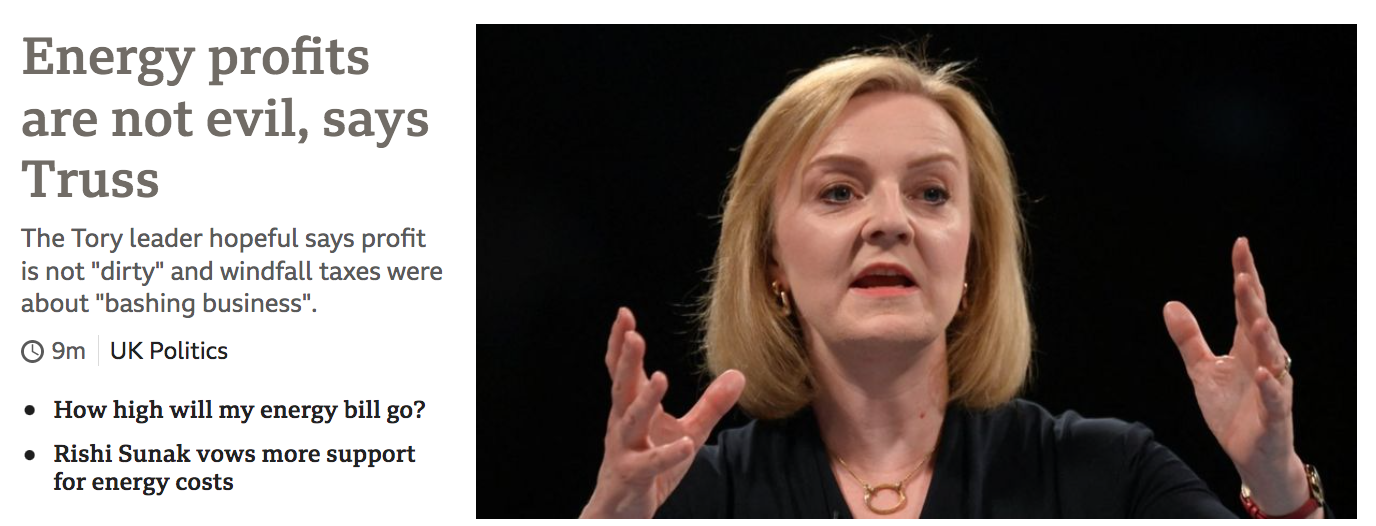I have to admire the constancy: 40 years into the Thatcher experiment, rivers full of shit, social care in a terminal state, energy costs quadrupling, outsourcing failures like Carillion regularly blowing up whole economic sectors, and you’re sticking steadfastly to the myths of the 1970s as if none of this had ever happened.
There are no logical or historical grounds for thinking that state owned enterprises are fated to become complacent and inefficient. There are any number of different ways of nationalising industry and some quite spectacular success stories internationally (Taiwan, Korea, Singapore). Even in Britain, where nationalisation was bungled, the public sector still outperformed the private on the available evidence.
https://www.opendemocracy.net/en/op...-bashers-economic-case-against-public-owners/




